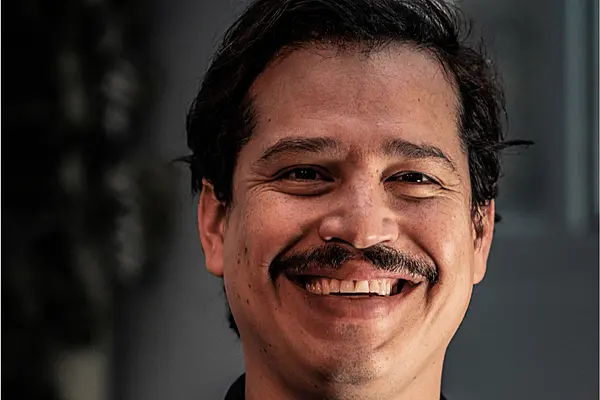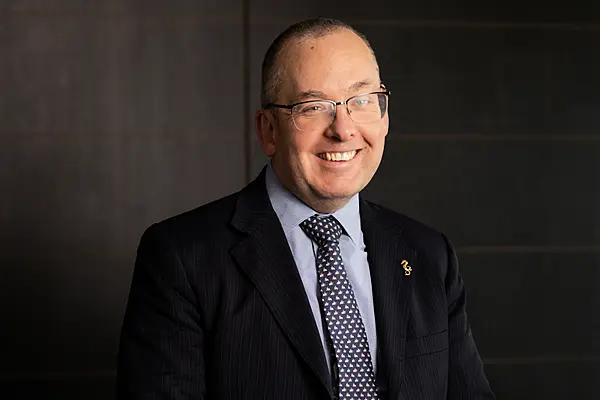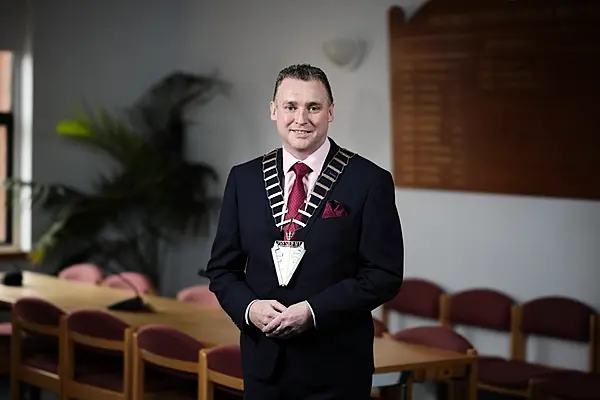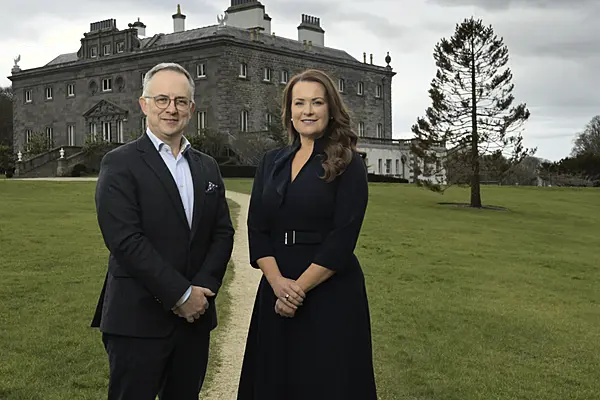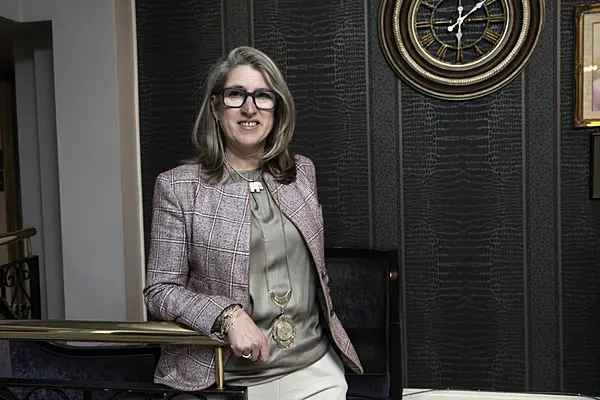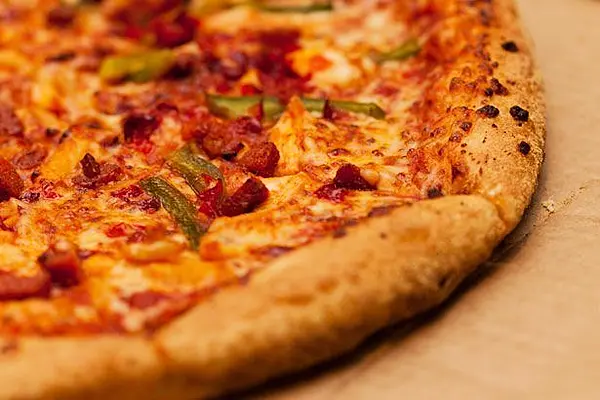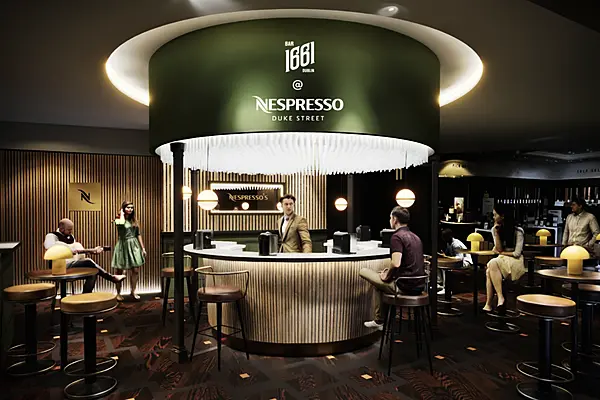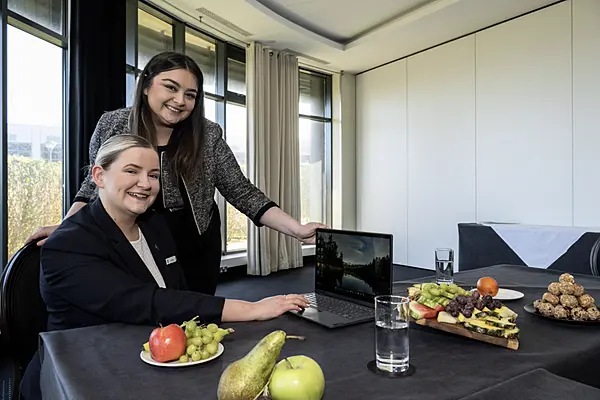This article was originally published in the Winter 2024 issue of Hospitality Ireland magazine, in December of 2024.
Ramón Ramos is the head chef at Nine Lives in Bermondsey, London. He was pivotal in bringing his taco institution, Tigre Tacos – which is where he got his long-time nickname, ‘El Tigre’ – to Nine Lives Alley back in 2020, and he now has outposts at the Gunmakers’ Arms, in Clerkenwell, Soho Farmhouse, in the Cotswolds, and Hacha Bar, in Dalston.
Nine Lives is Ramos’s first permanent kitchen, which opened in August 2024, featuring regional dishes from his hometown of Guadalajara, Mexico. He talks to Hospitality Ireland about the shift towards casual service and improving the industry’s work-life balance.
Hi, Ramón. Please tell us about your background.
I was born and raised in Guadalajara, Jalisco, Mexico, into a family of fishermen. Our family business focused on wholesaling seafood, operating out of the seafood market in Guadalajara.
From a young age, I was passionate about sports and staying active. I grew up playing football and practising tae kwon do, eventually reaching a professional level in the latter. This earned me a university scholarship for tae kwon do. I initially chose to study finance. While I enjoyed it,
I felt a strong pull towards the culinary arts, so I pivoted and secured another scholarship to pursue this instead.
During my last two years of high school, my father opened a restaurant called Los Barcos. One of the reasons for this shift was the impact of the narcos, which led him to transition from being a wholesale distributor of fish and seafood to running a restaurant. It was during this time that my journey in hospitality truly began. After finishing high school, I moved to London at the age of 18, and that’s when everything started to take shape in the culinary world.
What first drew you to hospitality?
Initially, it was out of necessity, to support my family, though, as time went on, I found myself increasingly drawn to it – the food, the produce, and the sense of community it can foster. I have only fond memories of falling in love with the industry, and I think it’s that connection to family that shaped it.
Once I began studying professionally, I knew that I was in the right place.
When did you first realise that you wanted to do this professionally?
When I first came to London, in 2002, I started out working at a Michelin-starred Indian restaurant called Zaika in High Street Kensington. I worked as a commis chef without being able to speak English at the time, and later moved to being a barback. I remember watching the head chef in action, the intensity of the general manager, and the sommelier’s expertise – it was inspiring.
That’s when I decided I wanted to learn everything I could about this industry and take it to the next level, professionally.
What was your first big role?
A funny one, but I remember when we were opening Salvador & Amanda in Leicester Square – now closed. Dré Masso, who was my mentor at the time, along with Mark Drew, sat me down for a very serious conversation. They wanted to get me fully engaged with the team, so they gave me my first big role: head barback. Honestly, I’m not even sure if that position existed before! At first, I was a bit disappointed because I really wanted to be a bartender, but then I realised it was a huge responsibility – I was in charge, creating and delegating tasks that bartenders relied on to succeed. Without what I did, their work wouldn’t have been possible. Looking back, it was such an important role, and I learned so much from it – plus, it gave me the foundation I needed to grow in the industry.
What was that like?
It was definitely challenging. I had to manage storage space, coordinate delivery times, and oversee the training of all the barbacks, all speaking different languages, from Spanish to Polish, etc. We had to meet the high standards set by the venue and my mentors. It was incredibly stressful, but I learned that this level of responsibility comes with its own rewards. It pushed me to grow and develop skills I didn’t know I had.
Please tell us about starting Tigre Tacos.
‘Tigre’ has been my nickname from my days at the seafood market in Mexico, where my journey in hospitality began Meeting Allan Gage, founder of Sweet&Chilli, was a pivotal moment in my career. By then, I was already a trained professional chef, and one of our first collaborations was in Mexico City, for the World-Class Bartending Competition.
That project was a launching pad for what came next.
Allan later invited me to London, for London Cocktail Week, and our partnership really began to take shape. We started with a Don Julio [tequila] pop-up outside Nine Lives in Bermondsey, where I’m now the executive chef. During the Covid period, Allan brought me back to help launch our first food truck, which led to opening the Gunmakers’ [Arms] and establishing a permanent kitchen in Nine Lives. From there, we quickly expanded to ventures like Shoreditch House and Soho Farmhouse – the rest is history!
How did you find that?
One of the biggest learning experiences for me, after owning my own restaurant in Mexico, was working in street food vending trucks. It can be challenging, working in such a tight space, but I also really enjoyed it, the pace and room for creativity. While I do prefer having my own kitchen and restaurant, this experience taught me valuable lessons on how to improve operations and make them more profitable.
How has it expanded?
We now have a kitchen in Dalston, in collaboration with Hacha Bar, and this year, we opened up a permanent kitchen within Nine Lives in Bermondsey.
Please tell about Nine Lives – the ethos,food, service, etc.
At Nine Lives, we serve authentic Mexican food inspired by my Guadalajaran heritage. The bar, too, is a vibrant extension of this, embodying the ‘tropicalifornication’ ethos – from the decor to our cocktail menu, created by GM William Campbell-Rowntree. My dishes are a celebration of the rich culinary traditions of my hometown, made to complement the drinks on offer.
Music plays a key role at Nine Lives as well, with our hand-built quadraphonic sound system. We’re big on creating atmosphere.
How is it different? What plans can you make here that you couldn’t before?
Having a permanent kitchen allows us to push the menu further. The addition of a walk-in fridge gives us the freedom to be more experimental and seasonally focused. This enables us to create dishes tailored to the moment, rather than being constrained by a concise street food menu. One of my favourite additions is the crudo section, which wasn’t possible in the street food set-up. Right now, I’m particularly fond of the Paloma ceviche, made with sea bream, pink grapefruit, agave, leche de tigre, and plantain chips.
Please tell us about the growth in interest in Mexican food. To what do you attribute it?
There has undoubtedly been a surge of Mexican restaurants opening across the UK in recent years. Now we’re starting to see a broader representation of Mexican regional cuisines, moving beyond the Tex-Mex style we used to see. However, with this rapid expansion, there’s also been an increase in Mexican food that isn’t necessarily authentic.
I do believe people are beginning to understand what it truly takes to make great Mexican food. It’s about the ingredients, the heritage, and embracing the full richness of our culture.
Personally, I’m deeply passionate about what I do. I believe the authenticity of the food I serve comes from my strong connection to my roots and my desire for people to truly understand Mexican food.
Every dish I create has a story behind it and is inspired by the food I truly want to eat. In a time when trends often dominate, my aim is to create genuine soul food that focuses on high-quality ingredients and the care that goes into every dish.
What makes a great restaurant?
Great hospitality and teamwork are key to creating a great restaurant experience. The most successful restaurants have a strong front-of-house team, an outstanding chef, and an efficient admin system, but, above all, it’s about how we communicate and deliver that experience to our customers.
The way we deliver our dedication and care through every interaction is what truly makes the difference.
What are the changing trends in hospitality – people’s expectations, new elements, etc.?
I think service styles are becoming more relaxed, which is a positive shift – it’s important to make people feel at ease.
Alongside this, we’re seeing more restaurants advocating for a better work-life balance, which is definitely a step in the right direction. As the restaurant scene in London continues to evolve, staying relevant is key. Customers are always looking for something new, which can be challenging to keep up with, but that’s what makes this industry so exciting.
What are the major challenges at the moment?
There can be a misconception in the industry that hospitality can be a stepping stone, as opposed to a career and vocation, so keeping that engagement from new people starting out can be a challenge. We all want to work with people who are genuinely as invested as we are.
What are the main opportunities?
The demand for dining out continues to grow, especially for more relaxed concepts, and I really enjoy the fast- paced nature of it. Consumers seem to be increasingly seeking authentic flavours and a deeper connection to heritage, which is exciting to engage with.
What do you do when you’re not working?
When I’m not working, I’m spending quality time with my family, mainly cooking dishes that remind us of home, from my country. We also enjoy going out to parks and doing activities with my two kids – my five-year-old daughter and two-year-old son – who miss their grandparents a lot. We’re doing our best to help them feel comfortable in this amazing country. I’m also trying to get
back into tae kwon do.
Any other plans on the horizon for the next year or so?
Yes. Watch this space! I’m always looking to evolve and take my cooking to the next level. I’d love to eventually open a restaurant of my own.
